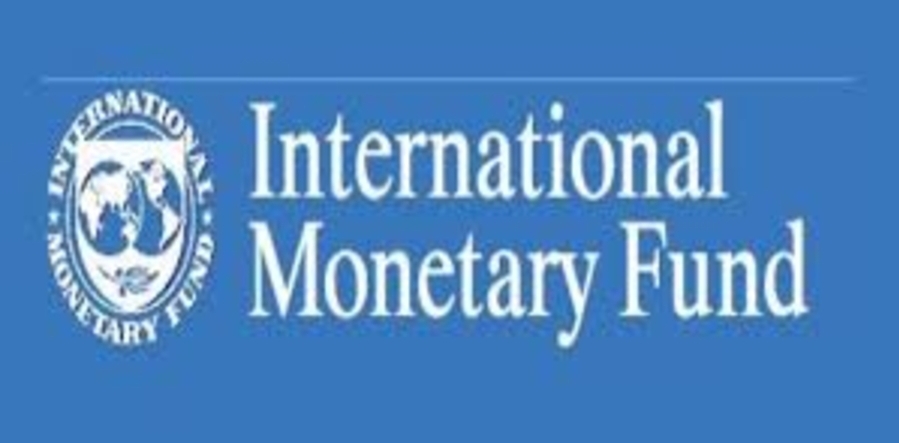ID :
474050
Mon, 12/18/2017 - 12:44
Auther :
Shortlink :
https://www.oananews.org//node/474050
The shortlink copeid
IMF EXECUTIVE BOARD APPROVES USD79.1 MILLION DISBURSEMENT

On December 15, 2017, the Executive Board of the International Monetary Fund (IMF) completed the first and second reviews of Mongolia’s performance under the program supported by a three-year extended arrangement under the Extended Fund Facility (EFF). Completion of the review enables Mongolia to draw the equivalent of SDR 55.912 million (about USD 79.1 million), bringing total disbursements under the arrangement to SDR 83.868 million (about USD 118.6 million), reported the IMF.
"Performance under the program thus far has been strong. Growth in 2017 is projected to reach 3.3 percent, considerably better than forecasted at the time of program approval. The combination of strong policy implementation and a supportive external environment has helped the authorities over-perform on all of the quantitative targets under the program. Performance on structural reforms has also been strong, notwithstanding the delays due to the change in government in September:" stated IMF press release.
Mongolia’s three-year extended arrangement was approved on May 24, 2017, in an amount equivalent to SDR 314.5054 million, or about USD425 million at the time of approval of the arrangement. The government’s Economic Recovery Program, supported by the IMF, aims to stabilize the economy, reduce the fiscal deficit and debt, rebuild foreign exchange reserves, introduce measures to mitigate the boom-bust cycle and promote sustainable and inclusive growth.
Following the Executive Board’s discussion of the review, Mr. Mitsuhiro Furusawa, Acting Chair and Deputy Managing Director, said, “Mongolia’s performance under the Fund-supported program has been positive, despite delays related to political developments. Growth has recovered more strongly than anticipated and confidence is returning, allowing the exchange rate to stabilize, external financing costs to fall, and foreign exchange reserves to recover. The authorities have cut the fiscal deficit and have started structural reforms that would improve the quality of growth going forward."
“All quantitative targets under the program have been met. Fiscal results have been better than expected, supported by stronger revenues and tight expenditure control, and the fiscal deficit this year, at 7.6 percent of GDP, is less than half of what it was in 2016. The recently approved 2017 Supplementary Budget and the 2018 Budget are in line with the program. About half of the revenue overperformance will be saved, thus helping to reduce borrowing and control debt, while the remainder will be used to fund productive spending in line with the government action plan and for a one-off bonus to civil servants. Net international reserves have improved, reflecting strong coal export performance, capital inflows into the bond and money markets, and donor disbursements' he said.
source: IMF Communications Department





